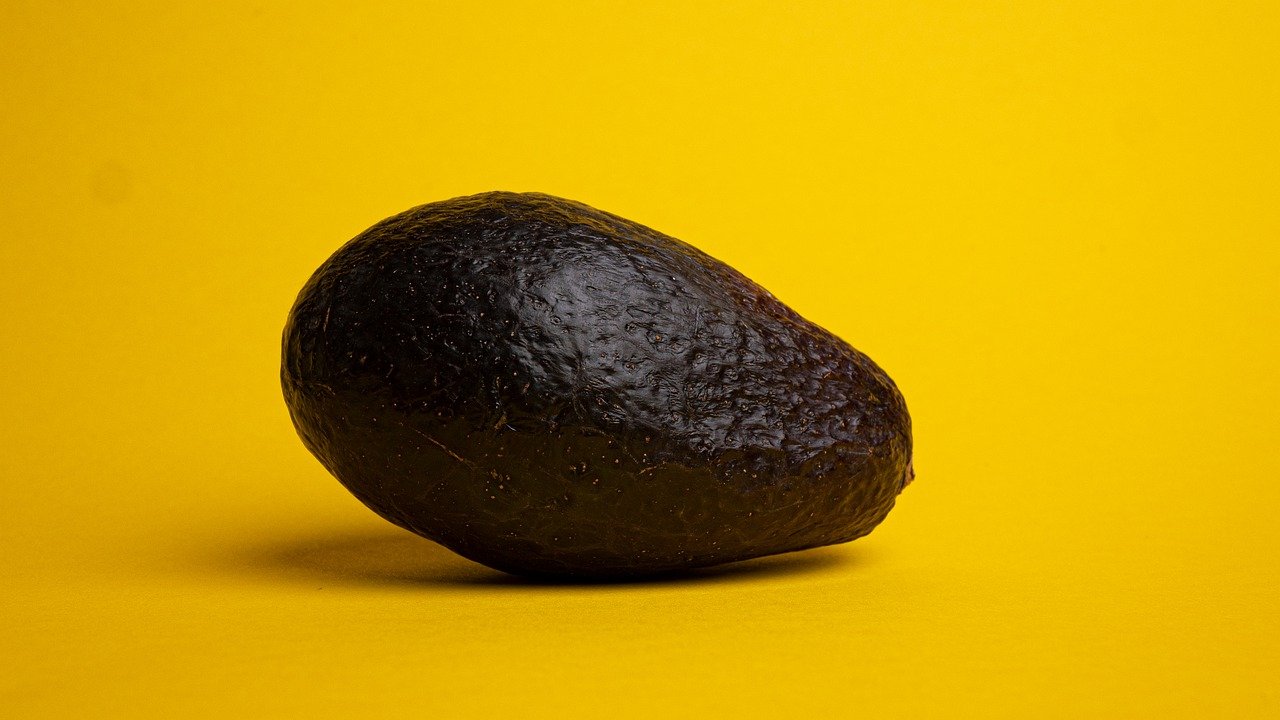Is Avocado Good For Acid Reflux?
Avocado is not recommended for easing acid reflux or GERD. Avocado is a special type of low-carbohydrate, fatty fruit that releases natural plant oils into the stomach upon digestion.
The fruit is one of many healthy foods that are not good for people suffering from acid reflux. Despite the health benefits, those who routinely experience acid reflux should consult with their physicians to see which foods are allowed and which foods should be avoided. These may exacerbate the condition.
The Relationship Between Avocado, High-Fat Food and Acid Reflux
The triggers for heartburn vary greatly. Some GERD sufferers can tolerate acidic beverages like soda before succumbing to fatty food. To other patients, fatty food is not a trigger, but soda and fruit juices area.
The vitamin C in fruits and fruit juices can easily irritate the stomach’s lining and stimulate additional acid production, which in turn translates to heartburn or acid reflux. It can be frustrating to many sufferers as seemingly benign food items like avocado can trigger a bout of hyperacidity and acid reflux.
The top three triggers for heartburn are as follows:
- I am eating very late at night, especially if you are stressed while working overtime.
- Large servings or portions during meals, at any time of the day.
- High-fat/fatty food items and beverages. Be extra wary of cream and dairy as these tend to be high-fat, too, in addition to having dairy components that can also trigger hyperacidity and acid reflux.
Why do physicians warn against eating super large portions during mealtime? The main problem with large quantities of food is that they fill your stomach and stretch it quickly.
The stretching and filling will cause the stomach to overcompensate, and the system essentially goes haywire. This can be a problem if you routinely suffer from GERD because stomach acids will be produced continuously in response to the influx of so much food. We’re sure you have experienced this at least once.
When you over-indulge in certain foods, you forget that your stomach can’t tolerate past a certain amount of food. The result is a stomach ache, followed by some gas, bloating, and if you are unlucky, you may even suffer from diarrhea. Diarrhea or higher motility is common in people with GERD, as the body expels the extra acids and the liquid feces resulting from your intestines moving too quickly.
There’s plenty of science to back these recommendations, too. One study about the effect of fat on the LOS (lower esophageal sphincter) revealed that the ingestion of large quantities of fat increased the frequency of the LOS’s laxation, and this effect subsequently caused the increase of hyper-acidic attacks. The effect was observed primarily in persons who already have GERD – the laxation of the LOS steadily increased with the introduction of fat.
In an associated study, the same results were observed in 14 patients with the same conditions. They were given 52% fat and meals with lower fat content (24% fat). It appears that the caloric load of the food doesn’t have as much of an impact on the incidence of hyperacidity. What’s more important is the fat content measured by its ratio to other nutrients in every person’s serving.
The lesson here is clear – that if you have already been diagnosed with GERD, you have to cut down your daily diet’s overall fat content if you want to reduce the disease’s impact.
You must tone down fat from all sources. Both plant-based and animal-based fats can cause the same effect if you have GERD. In a third study associated with hyperacidity, cholesterol-rich foods were seen as a trigger for hyperacidity, too.
Food like avocado may be super-healthy because of the available nutrients, but the presence of organic oil will likely cause many bouts of acid reflux. Minimizing your contact with avocado or avocado oil may be a wise decision, especially if your GERD is already chronic. It is not a good idea to constantly eat fatty food, even in small quantities, if you are already medicating for hyperacidity.
If you suffer from heartburn constantly, take stock of these reminders that may help with reducing post-meal hyperacidity:
- Having a big meal will likely cause you to become drowsy. Post-meal sleepiness is common, but lying down immediately after a meal will likely trigger a hyper-acidic event. You can remain seated and recline slightly, but don’t head to the couch or bed as soon as you finish your meal. If you do, you will suffer from a bad case of GERD when you wake up.
- Reduce all forms of stress and pressure on your abdominal area. If you can skip wearing a belt, do so. Tight pants and shirts can also exert unnecessary pressure on the belly and trigger your GERD. Your stomach has to be relaxed and has to ‘hang loose’ as much as possible.
- Smokers are most likely to suffer from hyperacidity because tobacco smoke is one of GERD’s major triggers. That’s why smoking is discouraged if a person is suffering from hyperacidity, for obvious reasons.
Alcoholic drinks don’t help either. Why do people smoke after meals? The sphincter in the esophagus relaxes when you smoke, and this increases the risk of the stomach’s contents climbing up.
The same effect has been observed when a person drinks anything that has been caffeinated after a meal and those who drink wine. It’s different for every person, of course, and these effects may not be present at all in people who don’t have GERD in the first place. - Elevate your head while sleeping to mechanically prevent acidic content from the stomach from climbing up suddenly.

